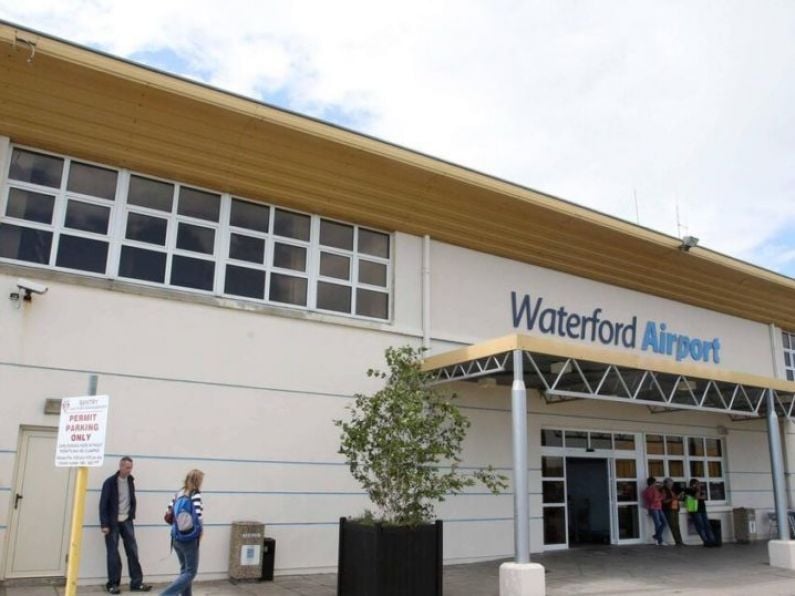James Cox
Public acute hospital workforce requirements are set to increase across all geographic regions as the population grows and ages, according to the Economic and Social Research Institute (ESRI).
New ESRI research, funded by the HSE, provides projections of public acute hospital workforce requirements both nationally and regionally in Ireland between 2019 and 2035.
This is a phase one report as part of a broader research programme to develop regional workforce projections.
A range of alternative projections are presented which reflect varying assumptions in relation to population growth, trends in health and life expectancy, waiting list management, enhanced community care delivery, and changing the mix of workforce involved in care delivery.
Main findings
- Nationally, the population is projected to be 5.4 million by 2035 under the ESRI's central population growth scenario, an increase of close to 500,000 between 2019 and 2035. The number aged 85 years and older is projected to more than double.
- Driven by projected demographic change, particularly population ageing, workforce requirements for all staff categories examined are projected to increase substantially by 2035.
- The largest increases in workforce are projected for health and social care professionals who are particularly required by older people in hospital.
- The largest projected increases in workforce requirements are recorded for regions located in the east of the country.
By 2035, the ESRI projected between 2,575 and 3,236 more medical staff will be needed, representing an increase of up to 2.1 per cent on average per annum.
Additional nursing and midwifery staff of between 5,726 and 8,868 nationally will be needed, also representing an increase of up to 2.1 per cent on average per annum.
Up to 3,277 additional healthcare assistants and health and social care assistants are also expected to be required nationally, representing an increase of 2.9 per cent on average per annum.
The largest projected increases in workforce requirements are recorded for regions located in the east of the country.
Projections are sensitive to both grade and skill-mix.
Policy implications
ESRI report author Dr Conor Keegan said: “The findings show that expansion of public acute hospital workforce will be required across all regions and all staff categories examined in this report.
“In the context of ongoing Slaintecare implementation, policymakers will need to consider how workforce supply can be increased to meet these demand pressures.”
HSE national director of human resources Anne Marie Hoey said the findings raise “important considerations” in terms of acute workforce investment, workforce planning and training over the coming years.
She said: “The workforce projections, provided on a regional basis, better inform our decisions and resource planning for the RHAs will be a critical enabler for our joint discussions on workforce planning both with our funders and stakeholders.
“Furthermore, this will facilitate the medium and longer-term planning necessary in areas such as training and education to ensure the availability of graduates to fulfil the workforce requirements within the domestic market.”
Minister for Health Stephen Donnelly said: “This report makes a key contribution to inform the needs of the health sector for the future in the context of the wider work in strategic workforce planning being undertaken in my Department.
“It informs our efforts to ensure the availability of suitably qualified individuals across a range of healthcare disciplines to support integrated care across the health service.”












